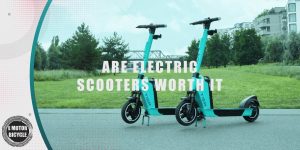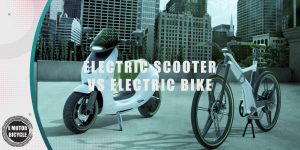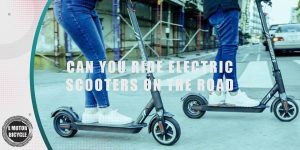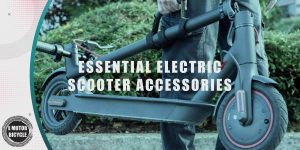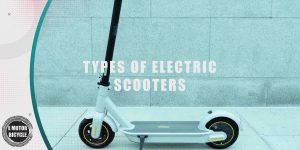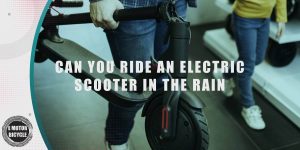If you are quite mobile, like to travel, or often fly on planes for work, you usually want to take all your favorite things with you. Can you take an electric scooter on an airplane? This is an important and pretty interesting question. It is difficult to answer this question unequivocally because today, there are general rules for airlines on the transportation of electric scooters. However, all the nuances depend on the choice of the airline. And it is also necessary to consider your vehicle’s individual characteristics. After reading this article, you might give up the idea of carrying an electric scooter with you. Today, when you can rent an electric scooter in any city and country, it seems to me that it is not a necessity.
The general stance of US airlines on electric scooters
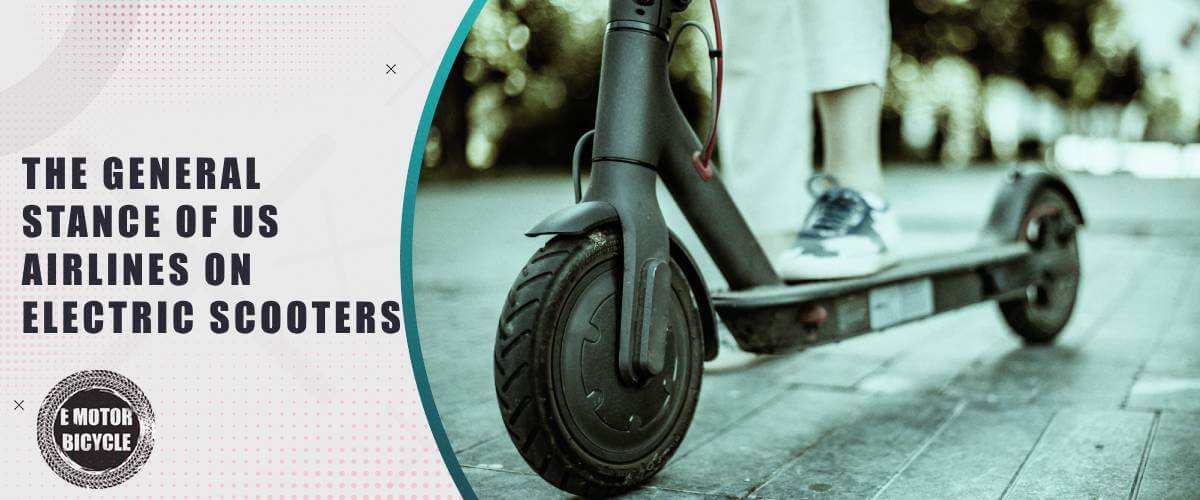
When traveling by electric scooter within the United States, it is important to understand American Airlines’ general attitude towards these compact urban companions. While regulations may vary slightly from carrier to carrier, there are commonalities in their approach to electric scooter transportation.
Carry-on restrictions
When traveling by air in the U.S., electric scooters are generally not allowed in carry-on luggage. The compact design of these scooters often exceeds the size restrictions airlines impose on overhead compartments or under-seat space. As a result, passengers are generally discouraged from bringing electric scooters into the cabin of an airplane.
Checked baggage
It is still possible to bring an electric scooter as checked baggage, albeit under certain conditions. Most U.S. airlines allow electric scooters as checked baggage, provided they meet certain criteria set by each airline. Nevertheless, even though some companies allow taking electric scooters on airplanes, you should carefully read the rules, apply in advance, provide reliable data on the size and type of scooter, and pay the necessary fees at check-in. But in any case, the transportation of a battery is subject to separate rules.
Battery safety rules
The lithium-ion batteries that power electric scooters are subject to strict safety regulations. Many U.S. airlines have specific rules for transporting lithium-ion batteries to reduce fire risk or other safety hazards during flight.
But you definitely can’t transport a battery with a rating over 160 watts/hour.
Exceptions and variations
While the general rule leans toward not allowing electric scooters on airplanes, there may be exceptions and variations. Some airlines may have specific procedures or conditions under which electric scooters are allowed, which may vary from airline to airline.
Specific policies of American airlines
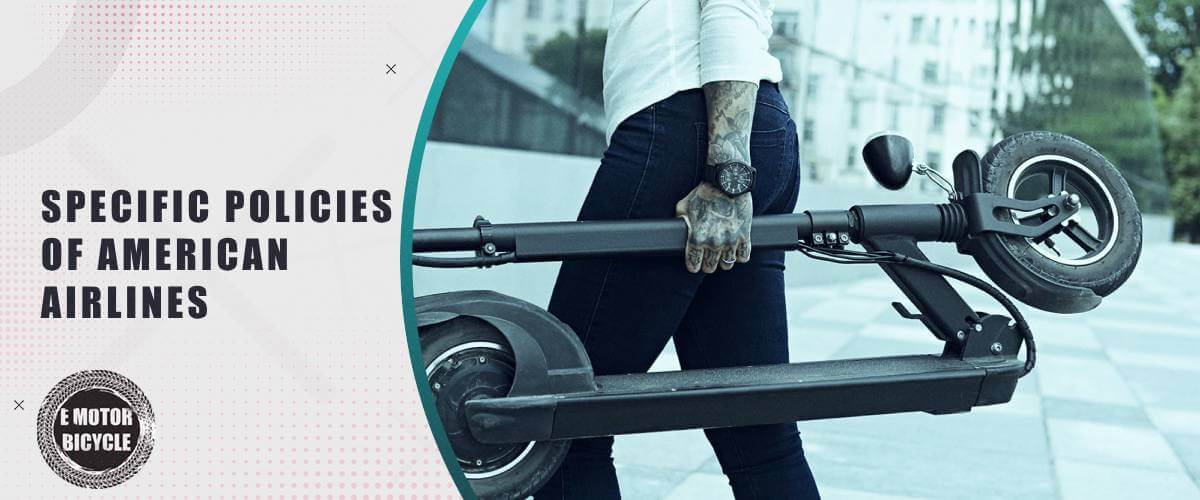
For a more detailed understanding of the situation, you can read the specific policies of the leading US airlines. Each airline has its unique approach to accommodating electric scooters, from carry-on restrictions to special criteria for checking them in as baggage. Flying with electric scooters on domestic flights within the US may not be a problem if you have prepared properly and familiarized yourself with the rules and regulations of each airline. In my experience, special conditions such as removing and storing the battery are important in determining whether an electric scooter can be carried as checked baggage. Here are a couple of examples.
Delta Air Lines
Although electric scooters are not normally allowed in carry-on luggage, Delta can accept them as checked baggage if certain criteria are met.
American Airlines
American Airlines generally prohibits electric scooters in carry-on luggage but will allow them in checked baggage if the battery is removed and carried separately.
United Airlines
United Airlines does not allow electric scooters in carry-on luggage like other airlines but may accept them as checked baggage if certain conditions are met.
Policies of international airlines
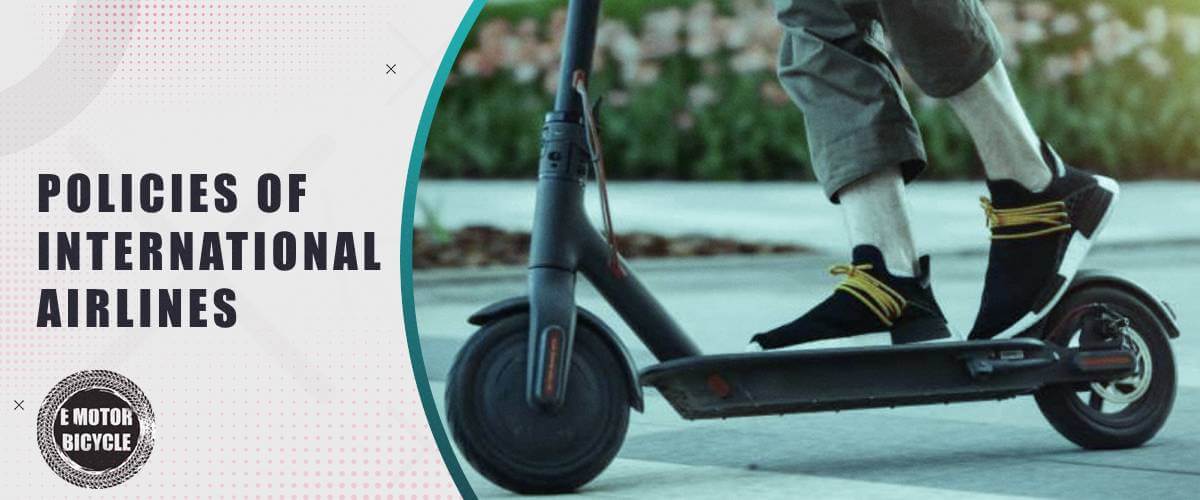
When flying with electric scooters, international airline policies create additional complexities. While the general rules may be the same as those of U.S. airlines, differences arise, especially in handling lithium-ion scooter batteries. Again, here are a few examples:
Lithium-ion batteries
International airlines often have specific rules and guidelines regarding lithium-ion batteries, a critical component of electric scooters. These rules aim to ensure the safety of passengers and cargo during flights.
British Airways
British Airways, like many other international carriers, generally allows electric scooters as checked baggage. However, lithium-ion batteries must meet certain requirements, such as being disconnected and securely protected from accidental activation.
Emirates
Following a similar trajectory, Emirates Airlines allows electric scooters as checked baggage. However, the lithium-ion battery must be removed, securely packaged, and carried into the cabin. This careful approach reflects the airline’s commitment to safety.
Air France
Air France’s policy echoes the airline’s cautious attitude towards electric scooters. While they may be accepted as checked baggage, the lithium-ion battery must be disconnected, protected from short circuits, and carried into the cabin.
Qantas
Australia’s flagship airline, Qantas, adheres to international regulations. Electric scooters are generally allowed in checked baggage, but the lithium-ion battery must be removed, properly packaged, and carried into the cabin.
Conclusion

As you can see, transportation of an electric scooter is possible. Still, no one will answer you specifically until you familiarize yourself with the rules of the airline whose services you are going to use. Believe me, it is not as if you thought it was enough to remove the battery. You have to consider the battery’s rating, the scooter’s size, and, I think, even the mood of the operator you’ll be talking to. Problems with children’s scooters almost never happen, but I prefer to rent in the city where I’m traveling. In the end – it’s even cheaper.



